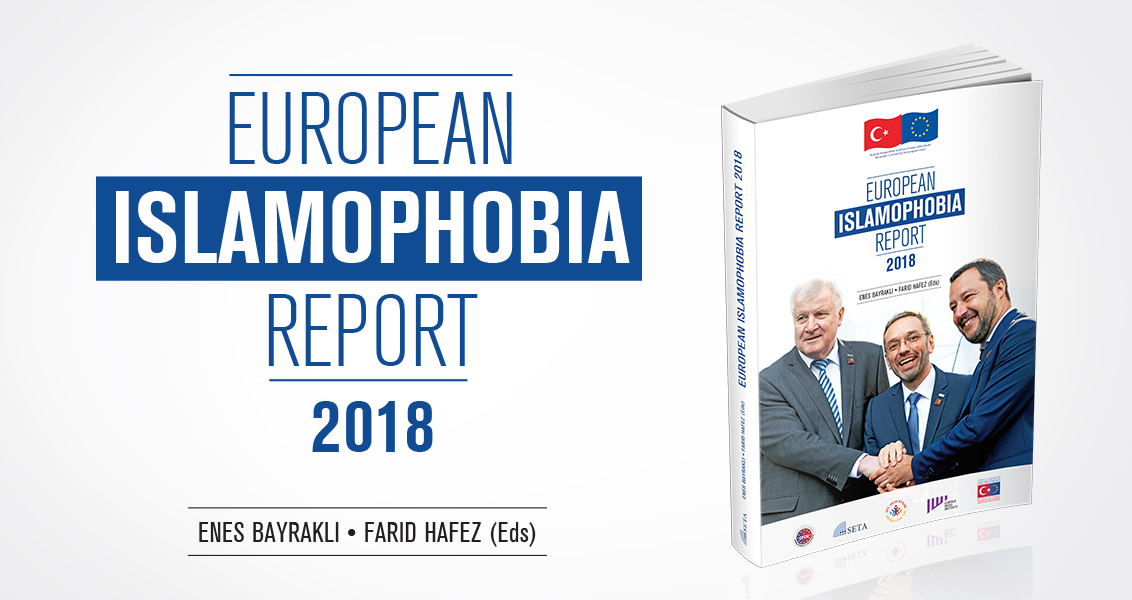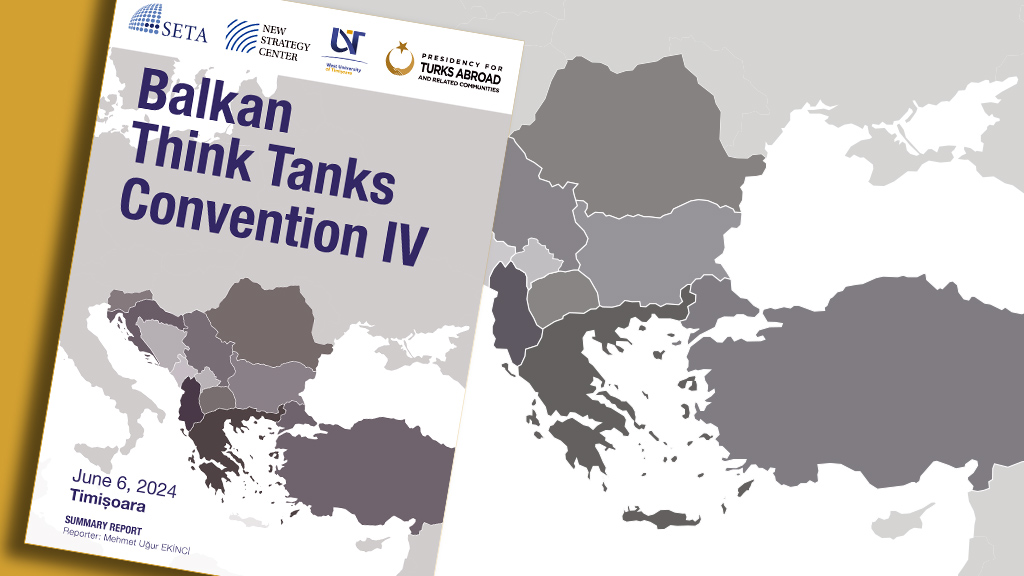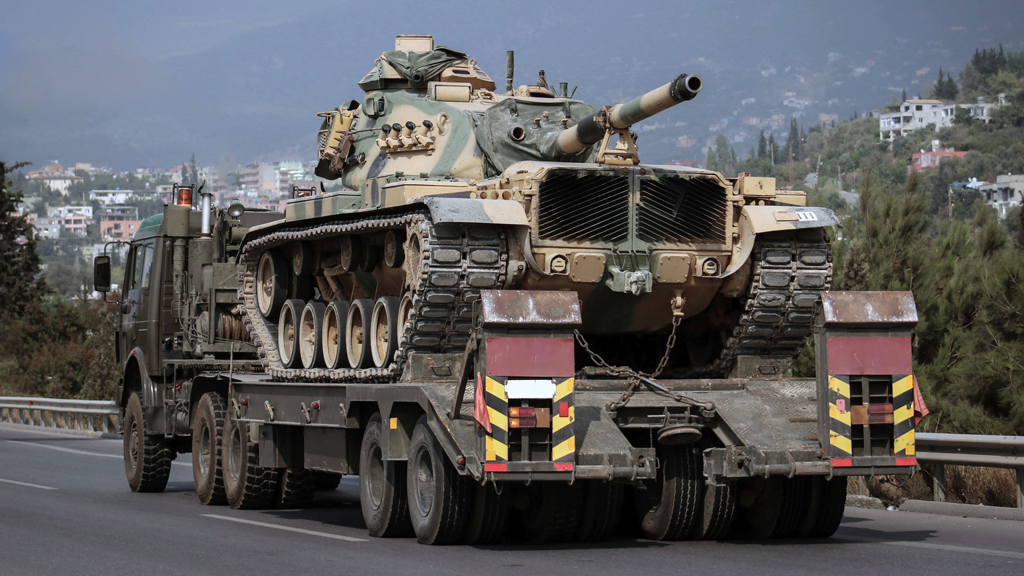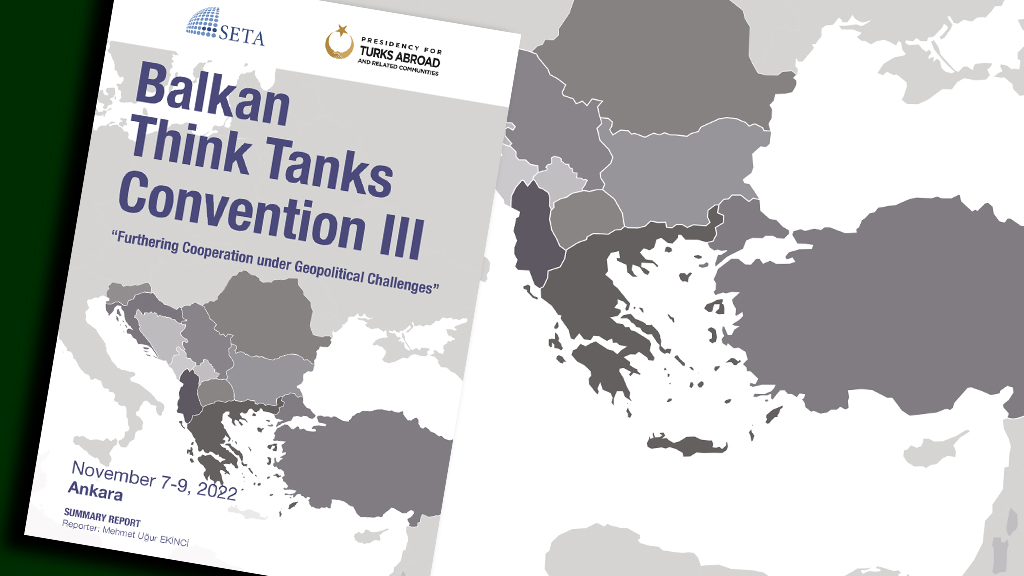***
The European day of action against Islamophobia and religious intolerance is the opportunity for all of us to remember that Muslims are among the first victims of the rise of far-right extremism in Europe. In Austria, the Office for Documenting Islamophobia and Anti-Muslim Racism recorded an increase of approximately 74% of documented anti-Muslim racist acts in its report for 2018. In France, the Collectif contre l’islamophobie en France recorded an increase of 52%. In the UK, governmental bodies recorded a rise in 2017-18 of religion-specific cases by a staggering 40% (double the figure of 2015/16). Instances of vandalism directed at places of worship also recorded a significant (50%) rise in the same period. In the Netherlands, the Anti-discrimination Agencies (ADVs) announced that 91% of a total of 151 incidents of religious discrimination reported to the police were related to Muslims. The Anti-discrimination Agencies received 304 reports of religious discrimination, two thirds of which were directed against Muslims. Women constitute the majority of the victims of Islamophobia, especially when they wear headscarves. For instance, the Collectif contre l’islamophobie en France (CCIF) notes that 70% of the victims of Islamophobic acts in France are women. Attacks against Muslim women range from verbal aggressions, denial of access to services, Muslim women forcibly having the headscarf removed, and go as far as attempted rape and physical attacks.***
Islamophobia is not only a threat for Muslim communities established in the European continent but also for the security and the stability of European states. Islamophobic terror attacks illustrates the extent to which anti-Muslim racism promoted in far-right and nationalistic circles represents a concrete danger to human rights, national security, and the European model of coexistence. In 2018, direct attacks against Muslims led to deaths and serious injuries. In Italy, for instance, a man shot and killed a Senegalese street seller, Idy Diene (54), a well-known member of his local mosque in Florence. In Greece, far-right groups attacked Afghan refugees, including women and children, who gathered and protested in the central square of Lesvos about the delay in getting their asylum cards. During the attack racist slogans like “burn them all” were heard. In total, 28 people were injured and hospitalized during this attack. In Finland, three Finnish youths brutally attacked a Pakistani migrant in Vantaa, stabbed him 20-30 times and repeatedly wounded him with an axe causing, among other injuries, a fractured skull. In the United Kingdom, three young men deliberately drove a stolen vehicle into pedestrians heading into the Al-Majlis Al-Hussain Islamic Centre (Cricklewood, London), injuring three worshippers. In France, several groups planned or called for planning terror attacks against Muslim people such as the AFO (Action of Operational Forces) that was about to physically attack hundreds of imams, Muslim women, and mosques in the summer of 2018.***
On this 21st September European day of action against Islamophobia and religious intolerance it is time to reflect on this growing threat and to find ways for seriously tackling anti-Muslim racism in Europe. A close reading of the European Islamophobia Report 2018 may be a good start.










